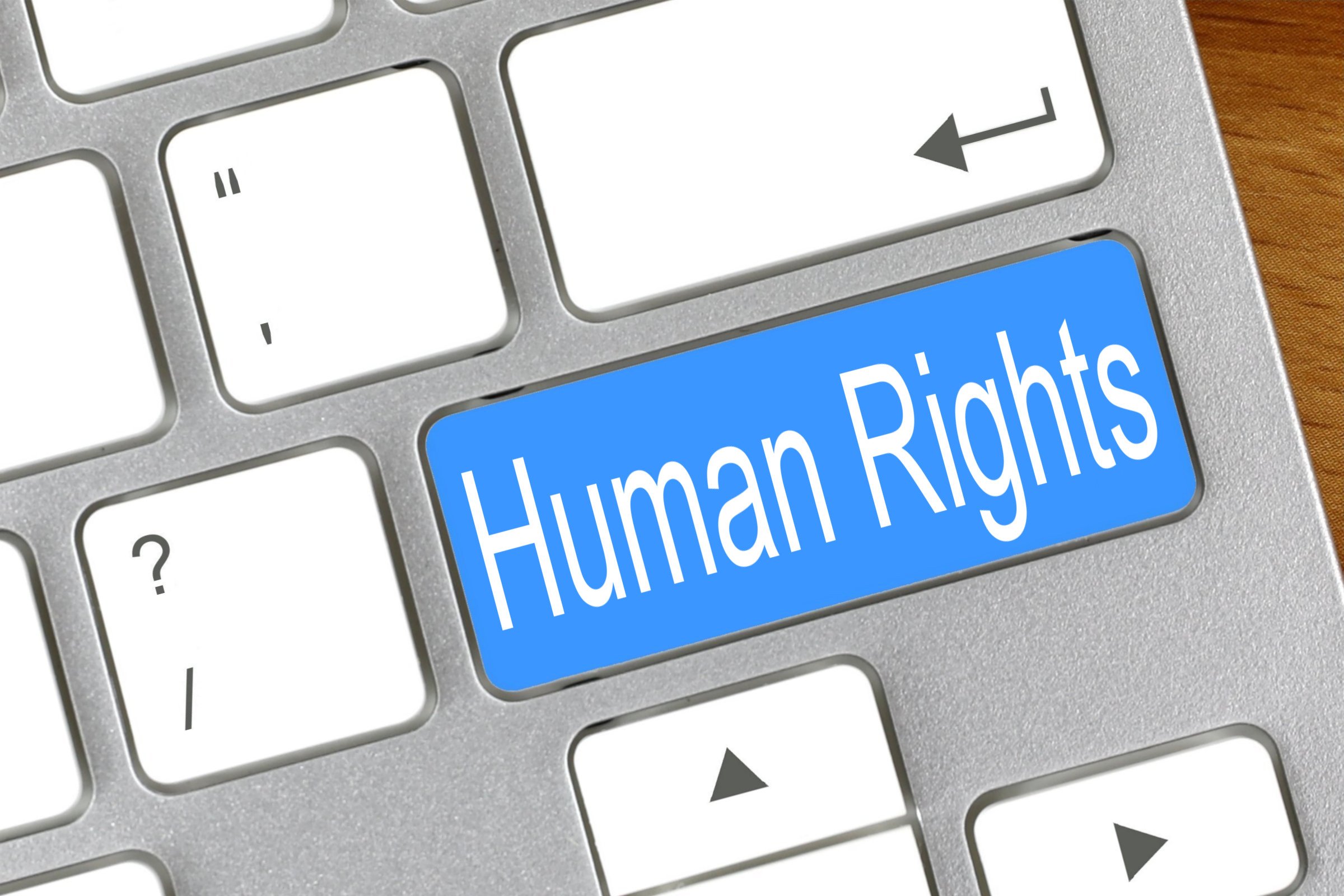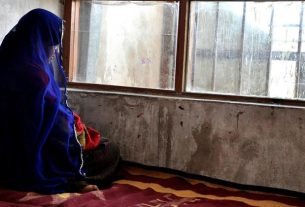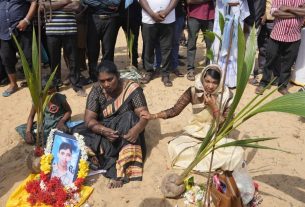The Committee to Protect Journalists (CPJ) has revealed significant flaws and inconsistencies in the conviction of Senegalese journalist René Capain Bassène, who was sentenced to life imprisonment in 2022 for his alleged involvement in the 2018 massacre of 14 loggers in the Boffa Bayotte Forest, Casamance.
Unsubstantiated Accusations and Forced Testimonies
Central to the prosecution’s case were testimonies from several co-defendants who later claimed they were coerced into implicating Bassène. Ibou Sané, the secretary of Toubacouta village, stated that a gendarme held a gun to his head, forcing him to falsely testify that he knew Bassène. Other acquitted co-defendants reported similar experiences of being pressured to sign false statements under duress .(Committee to Protect Journalists)
Contradictory Evidence and Questionable Digital Footprints
The prosecution presented geolocation data placing Bassène’s phone in the vicinity of the massacre. However, multiple witnesses, including Bassène’s wife and neighbors, confirmed he was in Ziguinchor at the time of the killings. Additionally, emails purportedly sent by Bassène to an exiled MFDC member were cited as evidence, but their authenticity was disputed, with Bassène denying authorship and the court rejecting requests for expert analysis .(Committee to Protect Journalists)
Torture and Abuse During Detention
Bassène reported severe mistreatment during his detention, including prolonged periods of sleep deprivation, physical beatings, and the application of an electric baton. Medical records corroborate his accounts, noting a perforated eardrum and vision impairment resulting from the conditions of his confinement .
Journalistic Endeavors as a Motive for Persecution
CPJ’s investigation suggests that Bassène’s conviction may be linked to his journalistic work, particularly his forthcoming book that aimed to expose profiteering from the Casamance conflict. Prosecutors referenced his journalistic activities, including phone calls and emails, as part of their case against him .(Exclusif.net, la vérité)
A Call for Justice
The CPJ’s findings underscore a pattern of judicial misconduct and human rights violations in Bassène’s case. The organization has called for a thorough and impartial review of the conviction to ensure accountability and uphold press freedom in Senegal.
Excerpts from CPJ article by Moussa Ngom, Committee to Protect Journalists, January 16, 2025.



